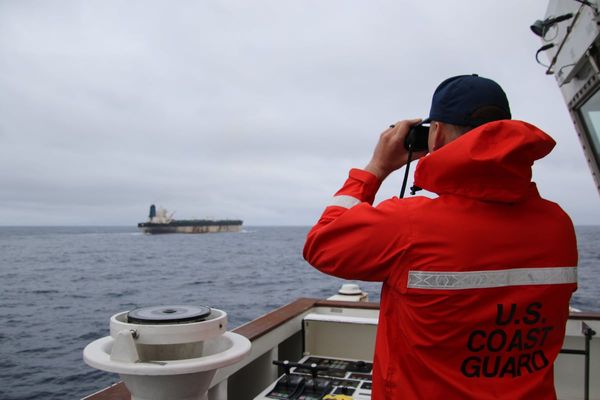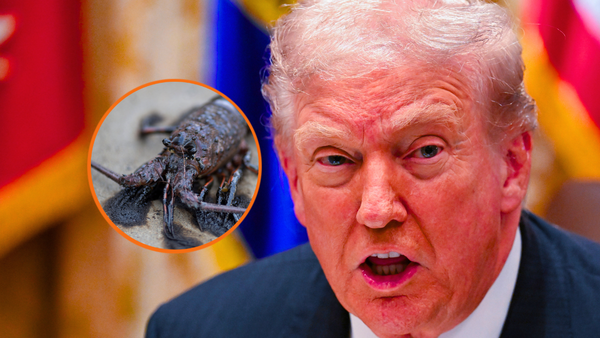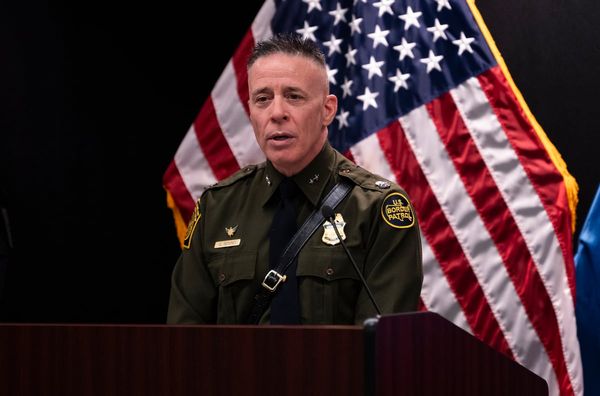
The minister responsible for child services in New South Wales says she wants to do more to address the “over representation” of Aboriginal children removed from their families, acknowledging the community’s frustration at the slow pace of reform.
On Thursday, the government passed a new bill that requires social workers to prove they have made “active efforts” to keep families together before courts can approve the removal of children from their parents.
The bill, passed with the support of Labor and the Greens, comes three years after Prof Megan Davis, a Cobble Cobble woman, constitutional lawyer and public law expert, published her landmark Family Is Culture report, which reviewed the case files of thousands of Aboriginal children caught up in the system.
It described a system in chaos. Davis found child protection workers regularly gave “misleading” evidence to the children’s court, often took the most traumatic option by removing Aboriginal children – including newborns – from their families, and operated in a “closed system”.
Despite peak Aboriginal groups calling for urgent changes to a system that some have labelled a new stolen generation, the Coalition government had previously said it would not act on any of the recommendations requiring legislative change until 2024.
But Natasha Maclaren-Jones, who was appointed families and communities minister last December, committed to fast-tracking that response.
“When I sat down with the department and looked at what needed to be done, got the briefing and it was like, ‘well, hang on, why haven’t we done something?’” she said.
“I can’t comment on why the previous minister … chose not to but one of the things I can say is that Dominic Perrottet has a personal desire and commitment to closing that gap and I also share that.”
Passed on Thursday, the bill will force child services to prove they have taken “active efforts” to avoid removing children from their families before courts can place them in out-of-home care.
Under the new legislation governing out-of-home care arrangements, active efforts to avoid removing children from their families – due to amendments moved by the Greens – must be “thorough and purposeful”, and include access to support services, or attempts to place children with family members or kin before a removal order is sought.
It also seeks to give the children’s court more power to extend the period of time that a parent can seek restoration with a child, and requires the department to give more detailed cultural plans for children who are separated from their parents.
Peak groups such as the Aboriginal Legal Service and Absec have been at pains to point out that the legislation falls well short of the report’s recommendations, which included bans on adopting Aboriginal children and a dedicated Child Protection Commission to oversee the system.
It also comes after a Greens bill, introduced by then upper house MP David Shoebridge and developed with the support of a number of peak groups including the ALS and AbSec, was opposed by the government.
The new legislation removes elements seen as crucial by those groups, including a requirement that courts consider a “presumption of harm” when considering the removal of Aboriginal children from their families.
It also only deals with 15 of the 25 recommendations from the Family Is Culture review which required legislative change. Maclaren-Jones said the legislation includes a 12-month review at which further changes will be considered.
But the ban on adoptions and a recommendation to remove for-profit operators from the system are off the table.
“The government’s policy position [on that issue] is we don’t support that,” she said.
“But everything else is on the table.
“Some of them are financial decisions, others a lot more complicated.”
She also acknowledged the severe “over representation” of children caught up in the system.
In NSW, Aboriginal children are disproportionately represented in “out-of-home care”. In the 2019-20 financial year, more than 6,600 Aboriginal children were in that position – accounting for 41% of all children in the system.
Aboriginal children are 12 times more likely to be in statutory out-of-home care than the rest of the population, and seven times more likely to be in contact with child services.
“There is a history, there’s a level of distrust out there,” Maclaren-Jones said.
“People have that fear and [it’s an] intergenerational concern. So it’s about changing that [and] building that trust.”







